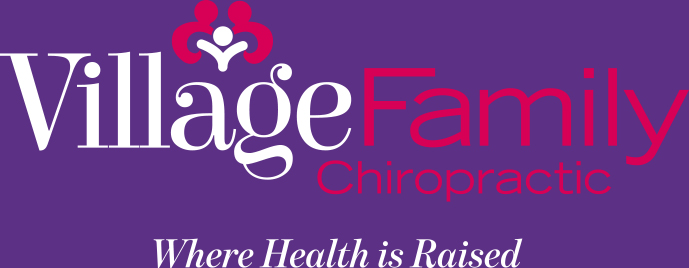GUEST BLOGGER INTRODUCTION
Here on The Village Blog I love connecting with professionals in the community to share their knowledge regarding all things health and family related. This week we have Lanette Tyler.
Lynette showed up at a Bradley Method natural childbirth class with her husband Brad about fifteen years ago, hoping to have a natural birth. Six naturally born babies later she is a Bradley teacher herself. Lanette is from North Carolina, studied engineering at Duke University, and worked for a medical device manufacturer and a Christian campus ministry before embracing her current gig as a homeschooling, homesteading, natural-living mother of six. Her passions include faith, marriage, motherhood, books, world cultures, and Duke basketball.
DR. KIM
I recently met a new mom, and our conversation naturally turned to her birth experience. “Everything was fine until the pitocin,” her story began. I smiled at her in solidarity, and said, mildly, “Sometimes you just have to say no to pitocin.” She agreed fervently. Since 47% of US births involve accelerating labor with pitocin, expectant parents should be familiar with it. A good childbirth class would have helped this mom better understand the pros and cons of using pitocin, so she could have made a more informed decision. In general, a childbirth class is a good idea because most expectant parents don’t know what they don’t know. They don’t know how medicalized birth is in our culture, they don’t know what birth is really like, and they don’t know that commitment is required. The birth experience is a momentous event for any family. If mom wants it to be natural, she should prepare for it.
Parents often do not know what hospital birth can be like. It tends to be more medical than well-meaning but uninformed naturally oriented parents realize. There is a path of least resistance when it comes to birth, and a mom with dreams about her birth probably does not want to be on that path. Artificial acceleration of labor with pitocin isn’t the only birth intervention that happens too much. Labor is artificially induced for 42% of first-time moms, and 34% of births occur by C-section. Expectant parents need the knowledge to turn their preferences into plans so that they do not contribute to the statistics of overused birth procedures. Routine procedures and common interventions are not necessarily in the best interest of mom and baby, and can open the door to even more negatives.
Parents also do not know what birth itself is like. At one extreme people consider natural birth an experience so harrowing that it is not possible for modern women, and at the other people view birth as a simple, natural process easily handled like animals in nature. For most women, with preparation, the reality falls between these extremes. Healthy lifestyle choices like good nutrition, exercise, and relaxation help prepare mom and baby for the birth and make complications less likely. Knowing what actually happens and how to best work with mom’s body and emotions through the process make it possible and doable, though challenging.
Finally, parents do not know that they must commit. Natural birth rarely happens when parents simply hope for it. Moms with a wait-and-see approach to pain medication tend to choose pain medication. That’s the way the hospital system works. It’s the way moms tend to work emotionally, as well, when the medication is readily available. It takes commitment and preparation to forego pain relief. Choosing beforehand to do it and learning beforehand why and how to do it matter.
Why take childbirth classes? Take childbirth classes to learn how to navigate the medical birth system to your advantage, to learn what birth is like and how to cope with it, and to solidify your commitment to natural birth. Must this be learned in classes? No, but it is best learned in classes. An experienced and knowledgeable guide teaching a respected and effective curriculum is worth the time and money considering the significance of birth in your life. This birth is your entry into parenthood for this child, and odds are it will be a formative experience. Prepare for it.
Source for Statistics: Maternity Practices in the United States Table by Rebecca Dekker at evidencebasedbirth.com
Lanette holds Bradley classes Monday evenings in Winston Salem. Her next class starts October 17th. To learn more contact Lanette at: lanette.tyler@gmail.com.



